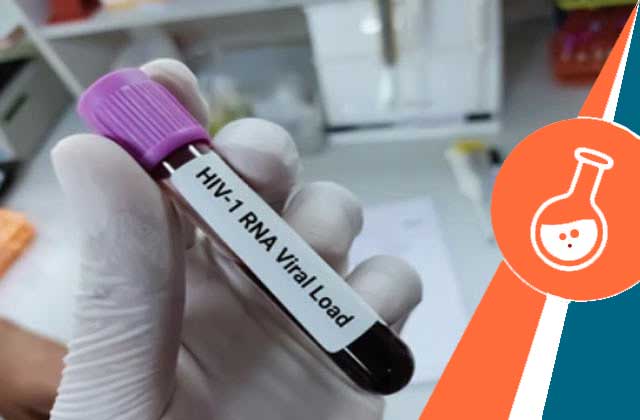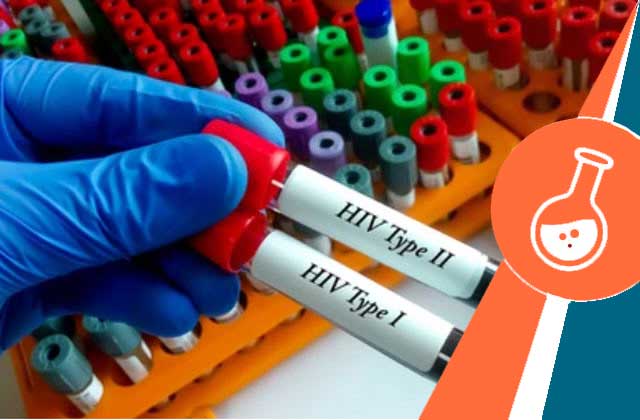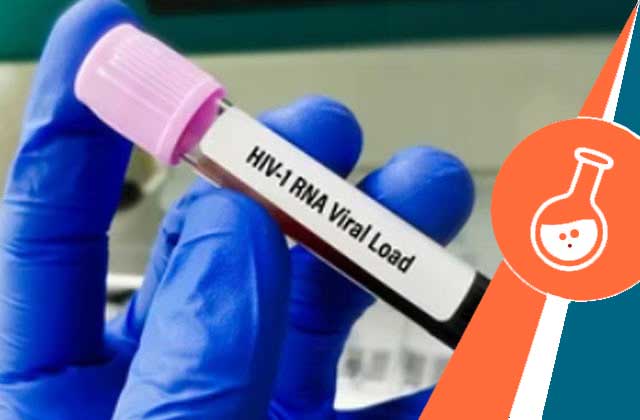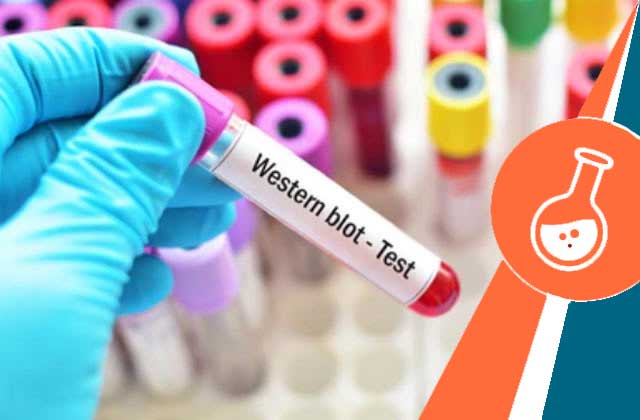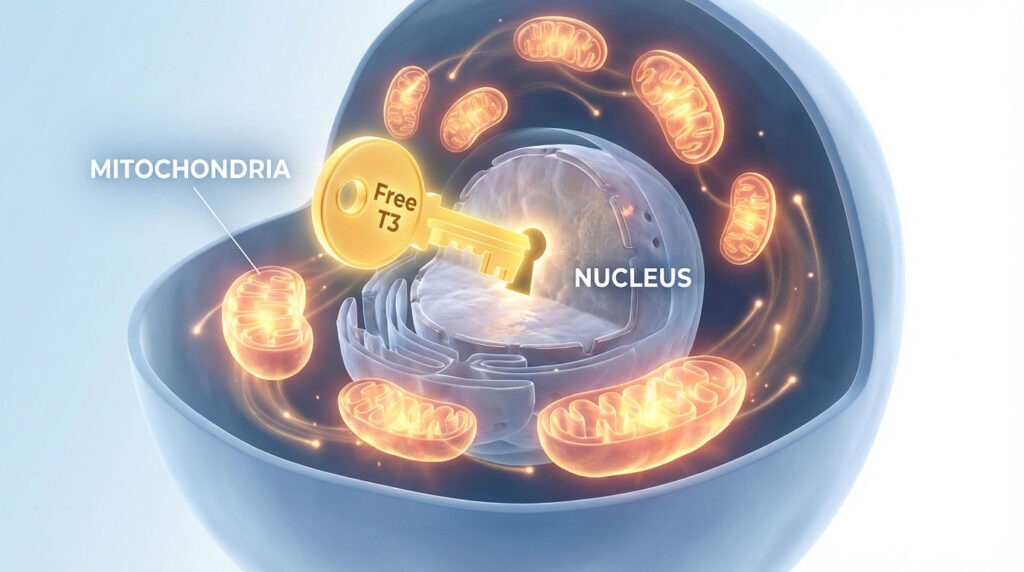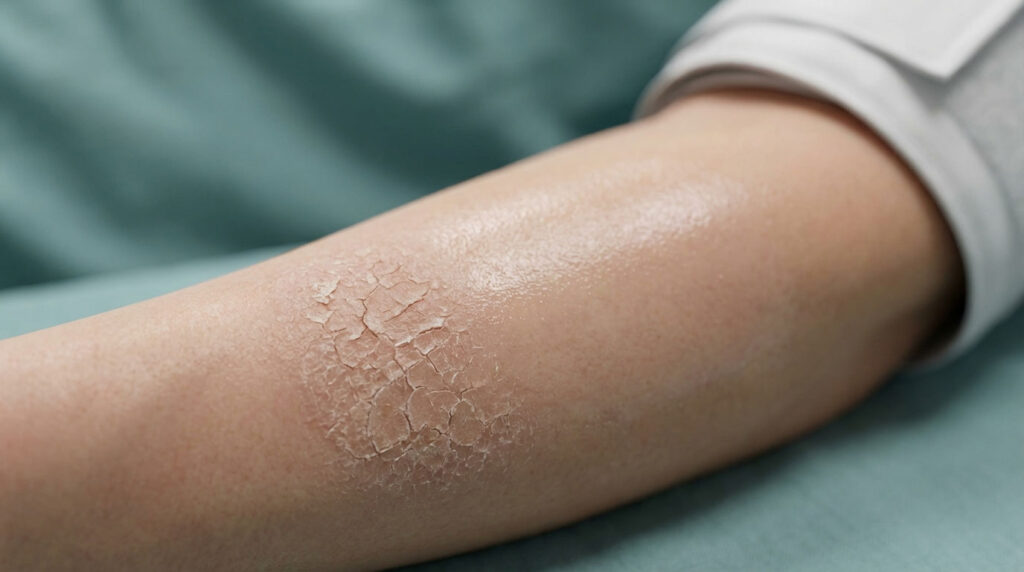STD Test (Sexually Transmitted Diseases)
STD SCREENING
Sexually transmitted diseases (STDs) are infections transmitted through sexual contact, including vaginal, anal, or oral sex and timely detection is vital for effective treatment and prevention. STD tests play a crucial role in diagnosing these infections. A comprehensive STD panel test examines multiple diseases simultaneously, providing a comprehensive assessment of one’s sexual health.
Regular testing and early detection play a vital role in maintaining sexual health and preventing the spread of STDs.

Explore Book STD Test Packages | 50% Off On STD Panel Test Cost List & Packages
₹281
₹226
- Includes 1 Parameters
How To Get This Test

CHOOSE YOUR TESTS

PHLEBOTOMIST VISITS YOUR PLACE

GET YOUR TEST REPORTS
PURPOSE
What Is The Purpose Of Getting An STD Panel Test
Sexually transmitted diseases (STDs) are a serious public health concern since such infections can be passed from one person to another through sexual contact. They are usually spread during vaginal, oral, or anal sex. But sometimes, they can spread through other sexual contact involving the penis, vagina, mouth, or anus. This is because some STDs, like herpes and HPV, are spread by skin-to-skin contact. Some STDs can also be passed from a mother to the baby, either during pregnancy or breastfeeding.
STD screening test is conducted to detect infections early, protect your health, prevent transmission to others, gain peace of mind, and take personal responsibility for your sexual well-being. It’s a proactive step towards maintaining a healthy sexual life and making informed decisions about safer sex practices.
Who Should Be Tested For STIs
- Sexually active individuals: Anyone who is sexually active, regardless of age, gender, or sexual orientation.
- New sexual partners: STD Blood Testing is crucial before engaging in sexual activity with a new partner to ensure both parties’ sexual health.
- Multiple sexual partners: Individuals who have multiple partners or engage in casual or unprotected sex have a higher risk of STIs.
- Individuals with symptoms: If you experience symptoms such as unusual genital discharge, sores, or pain during urination.
- Pregnant individuals: Testing is recommended during pregnancy to protect the health of both the parent and the unborn child.
- People with a history of STIs: Regular testing is important for monitoring status, ensuring proper treatment, and preventing re-infection.
TYPES OF STDs
What Are The Types of Sexually Transmitted Infections
There are more than 20 types of STDs; a few more commonly known STDs are:
- Chlamydia
- Genital herpes
- Gonorrhea
- HIV
- HPV
- Pubic lice
- Syphilis
- Trichomoniasis
CAUSES
What Are The Causes Of STD
One of the major medical causes of STIs include:
- Bacterial Infection: Gonorrhea, syphilis, and chlamydia are caused by Bacteria
- Parasitic infections: Trichomoniasis is caused by parasites.
- Viruses: HPV, genital herpes, and HIV can be caused by Certain Viruses.
Still, the major reasons for STD transmission remain among sexually active individuals. Factors that may increase that risk include:
- Having unprotected sex: Penetrative sex, vaginal or anal, by an infected partner without any protection like latex condoms.
- Having multiple sexual partners: The more people you are involved with sexually, the greater your risk of contracting STDs.
- Having a history of STIs: Having one case of STI makes it much easier for another form of STI to take hold.
- Being a sexual assault victim: Dealing with rape or assault is difficult, but in these cases, it is imperative to undergo medical treatment to prevent possible infections.
- Injecting drugs: Needle sharing, a common habit among drug addicts, is a major cause of STDs.
SYMPTOMS
What Are The Symptoms Of STD
The signs and symptoms of STDs start showing up very slowly and, in certain cases, with no symptoms at all. Hence, most STDs go unnoticed until complications occur or one of the partners is diagnosed.
The following symptoms might indicate an STI:
- Sores or bumps around the genitalia
- Burning sensation during urination
- Unwanted discharge from the penis
- Odorous vaginal discharge
- Vaginal bleeding
- Pain during sexual activities
- Lower abdominal pain
TESTING TYPES
What Are The Common Tests For STDs
Depending on the type of suspected infection, you may get one of the following at-home STD tests:
- Blood tests – These are used to diagnose syphilis, HIV, and sometimes herpes
- Urine tests – These are used to diagnose trichomoniasis and sometimes gonorrhea
- Swab tests – These are used to diagnose HPV, chlamydia, gonorrhea, and herpes
- Lumbar puncture – These are used to diagnose the advanced stage of syphilis & herpes infection
STI Profile Tests available 10 days after any incident:
- Early Detection Screen for HIV, Hepatitis B, and Hepatitis C
- HIV 10-day RNA PCR Test
STI Profile Tests available 14 days after any incident:
- Early Detection Screen for HIV, Hepatitis B, and Hepatitis C
- Peace of Mind Screen
- Chlamydia and Gonorrhoea
- Hepatitis A
- Hepatitis C
- Syphilis
STI Profile Tests from 28 days after any incident:
- Hepatitis Comprehensive Screen
- HIV I/II and p24 antigen DUO test
- Hepatitis B
- Herpes I/II
- TORCH Screen (Toxoplasmosis, Rubella Cytomegalovirus, Herpes simplex, and HIV)
STD RISKS
What Are Risks Associated With STI
STIs can lead to severe health complications which make the disease a high-risk factor that not only impacts your daily lifestyle but also your mental well-being. The various risk factors which arise due to STDs are:
- Pelvic inflammatory disease (PID)
- Increased risk of getting HIV and leading to Testicular cancer in men
- Certain types of cancers, like ovarian cancer
- Infertility issues in women and men
- Transmission of STDs to newborn babies
PRICE
STD TEST PRICE
You can determine the STD testing costs depending on the diagnostic center you visit. Check the below-mentioned table to understand the individual costs for each test under an STD panel test list. Below are the average prices offered by different diagnostic centers. Prices may differ based on location.
INR 200 -250 | |
INR 2500- 3000 | |
INR 200-250 | |
INR 2000 – 2500 | |
INR 3000-4000 |
By choosing HealthcareOnTime testing facilities, you can get affordable package costing for your STI panel test. We offer a basic package that includes 12 parameters. You can easily avail of the Thyrocare at-home STD test collection facility from our website.
JAANCH – STD Profile Basic (12 parameters) | INR 2500 |
PREVENTION
How To Prevent Sexually Transmitted Diseases
STDs or STIs are preventable if you keep the following in mind:- Abstain: The most effective way is to not have sex.
- Avoid Multiple Sexual Partners: Reducing the number of sexual partners can lower the risk of exposure to STDs.
- Vaccinations: Getting vaccinated against viruses like human papillomavirus (HPV), hepatitis A, and hepatitis B are effective.
- Use Precaution while having sex: Avoid unprotected sex, Use a latex condom or dental dam for any kind of sex act.
- Pre-exposure Prophylaxis (PrEP): If you are at high risk for HIV, consider PrEP, a medication that can reduce the risk of contracting HIV when taken as prescribed.
- Talk with your Partner: Before any serious sexual contact, communicate with your partner about practicing safer sex.
- Male circumcision: For men, circumcision can help reduce the risk of acquiring HIV from a woman.
FAQs Around Sexually Transmitted Diseases Test
What is the difference between STD and STI?
The terms “STD” (sexually transmitted disease) and “STI” (sexually transmitted infection) are often used interchangeably. An STD refers to a clinical condition & in contrast, an STI refers to an infection.
What is the difference between STD and HIV?
STDs encompass a broad range of infections, while HIV is a specific viral infection.
Can I take an STI test on my period?
Yes, you can undergo testing for sexually transmitted infections (STIs) during your menstrual cycle. Menstruation does not affect the accuracy of std blood tests or other std testing methods.
What happens if you have STD while pregnant?
Discovering that you have a sexually transmitted disease (STD) during pregnancy can raise concerns. It is crucial to understand the potential consequences and seek appropriate medical attention promptly. Certain STDs can have implications for both the mother and the unborn baby.
What is the best time to be treated for an STI?
It is advisable to seek medical care as soon as possible after suspecting an STI or receiving a positive result from std tests or std screening. Early intervention through appropriate std blood tests or std panel tests allows healthcare professionals to accurately diagnose the infection and prescribe the most suitable treatment regimen.
What STDs are not curable?
While many sexually transmitted diseases (STDs) can be effectively treated and managed, there are certain infections that currently have no known cure, such as HIV, Herpes, and Hepatitis B.
Can STI be cured permanently?
Sexually transmitted diseases (STDs) can have varying durations and long-term effects depending on the specific infection and individual circumstances. While some STDs can be effectively treated and resolved with proper medical intervention, others may have a lasting impact.
What is the most serious STI?
When it comes to sexually transmitted infections (STIs), HIV stands out as one of the most severe and impactful diseases.
Can STIs cause birth defects?
It is a well-known fact that certain sexually transmitted infections (STIs) have the potential to cause birth defects in infants. Among these STIs, syphilis and congenital rubella syndrome are particularly notorious for their adverse effects on fetal development.
Building a Legacy of Healthy Smiles
Hear from Our Valued Clients
Service was prompt, sample collected on time. And also got the report quickly.
HealthcareOnTime Blogs
Stay Informed: Latest Insights on Health, Conditions, Tests, and Treatments VIEW ALL


